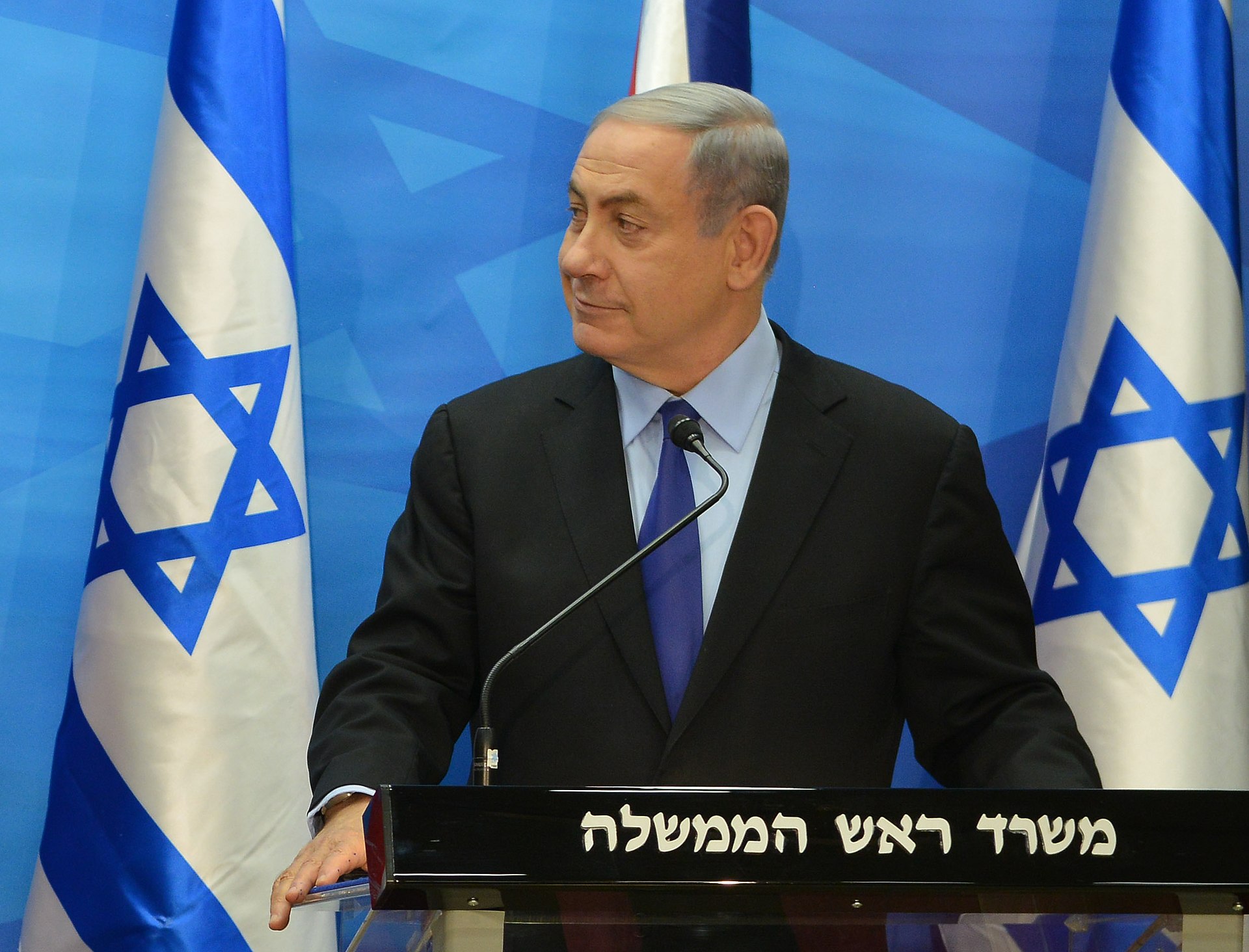Here is a preview of our Netanyahu Address to Congress Narrative Intelligence brief.

This Netanyahu Address to Congress narrative is driven by 212 sources in the U.S. Media module, amplifying 1,205 narrative items.
This is the Netanyahu Address to Congress narrative, driven by 212 sources in U.S. Media, amplifying 1,205 narrative items. Reviewing a number of the most relevant narrative items indicates that media portrayals of Israeli Prime Minister Benjamin Netanyahu's visit to Washington and subsequent address to Congress vary significantly across sources. The Denver Post adopts a neutral tone, focusing on the protests that exhibited a mix of condemnation and support for Israel, though its language leans toward highlighting dissent with phrases like "pro-Palestinian messages." In contrast, outlets like ABC 7 Chicago and PBS NewsHour present a more critical view of Netanyahu's speech, emphasizing inaccuracies and the deepening divide in American political support for Israel, using terms like "defiant" and "polarizing." Free Republic focuses solely on bolstering U.S. support, casting Netanyahu's efforts in a positive light and omitting the surrounding protests and boycotts, which may reflect a right-leaning bias. Al Monitor reveals the complex political landscape, noting the pressures from both U.S. and Israeli critics, while also illustrating the rising tensions within American political factions regarding foreign policy. Overall, while some sources aim for a balanced representation, others reveal distinct biases through selectively loaded language and the omission of dissenting voices, indicating a nuanced landscape of media narratives regarding the ongoing conflict and its implications.
The ongoing conflict between Israel and Hamas is deeply rooted in complex demographic, social, economic, political, and military factors. The population of Israel is approximately 9.5 million, with a significant Jewish majority and a substantial Arab minority, including Palestinians. The Gaza Strip, home to about 2 million Palestinians, has been under Hamas control since 2007, leading to a humanitarian crisis exacerbated by blockades and military operations.
Economically, Israel is a developed nation with a high GDP per capita, while Gaza faces severe economic challenges, including high unemployment and limited access to resources. The conflict has led to widespread destruction in Gaza, with over 39,000 Palestinian casualties reported, further straining the region's already fragile economy.
Politically, Netanyahu's government has adopted a hardline stance against Hamas, framing the conflict as a battle between civilization and barbarism. This rhetoric resonates with many in Israel but has sparked significant dissent domestically and internationally. Protests in Israel highlight the growing frustration among families of hostages and the general populace regarding the war's toll.
Geographically, Israel's location in the Middle East places it at the center of regional tensions, with neighboring countries often involved in the conflict. The U.S. has historically been a key ally of Israel, but recent protests and political divisions in the U.S. reflect a shift in public opinion, particularly among Democrats, regarding Israel's military actions.
National security remains a paramount concern for Israel, as it faces threats from various militant groups. However, the humanitarian impact of its military operations raises questions about the long-term viability of its security strategy and the potential for a sustainable peace. The current political climate in the U.S., marked by divisions and protests, further complicates Israel's diplomatic efforts.
Our Kudzu Narrative Intelligence brief auto-updates every few hours with fresh analysis:
Note: Kudzu Narrative Intelligence briefs update every few hours. Very likely, the Narrative Analysis above will have changed as well.
Image Credit for Article Header: Wikimedia Commons